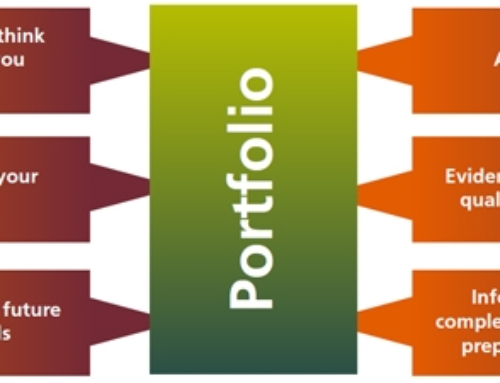If you’re not giving enough thought to your online profiles, you may be sending mixed messages to potential employers. Consider what your profile may be saying:
- No picture — Not having a photo says, “I am not confident enough to show my face.” If you don’t have a photo you’re proud of, find a friend with a camera and start shooting. Look straight at the camera and smile for the best impression.
- Logo or something else as picture — Again, I worry about the person’s confidence when there’s a logo or avatar instead of a picture; or I worry that they have no personality.
- No recommendations — A profile with no recommendations screams, “No-one else believes I am as good as I say.” Reach out to a few friends or colleagues for recommendations to remedy this ASAP, and be sure the skills you’ve listed mirror your real-life skills.
- Incomplete profile — To me, this just smacks of laziness. It says, “I have nothing to say or am too lazy to put it here.” Whenever you have the opportunity to include more information to make a good impression, you should do so.
- Not up to date — If you haven’t updated your profile since 2009 but are actively looking for a job, that’s a disconnect. I would wonder if perhaps your heart wasn’t in it or if you truly had a keen eye for detail.
- No contact details — This is like saying, “Call me!” but not giving out your number. If you are overly concerned about privacy, create a new email address and Google Voice phone number specifically for job hunting, but make certain whatever you do that your potential interviewers don’t have to work to contact you.
Putting your profile to work
Once you’ve put your best foot forward, so to speak, and filled out your profile completely and correctly, you can take it to the next level. Some other tips to consider:
- Ask for an introduction. Instead of a totally blind date, it helps to have an introduction. Work your contacts and discover who in your network might be able to make an introduction or recommendation at your dream job.
- Cultivate connections. Connections who work within a company to which you’re applying can also give excellent insights into the company culture and tidbits that can come in handy during the interview phase.
- Appeal to your ideal match. Use the descriptions of your previous positions to tell the story job recruiters are interested in hearing. If you know that your ideal position is with a company that values independence and self-direction, for example, highlight your past accomplishments in those areas.
- Get specific. Just like potential mates get tired of reading about “long walks on the beach” and people “looking for someone with a good sense of humor,” recruiters start to glaze over clichés as well. Be as specific as possible with your profile to make yourself stand out in the crowd.
- But don’t be tempted to exaggerate. In this Internet age, your resume can be double checked in the fraction of a second it takes Google to return a result, and any exaggeration can be seen as outright dishonesty.
- Follow up (but don’t come across as desperate). It’s always appropriate to follow up after a first meeting, but don’t be a pest, and don’t come across as desperate; it’s a turn off.




